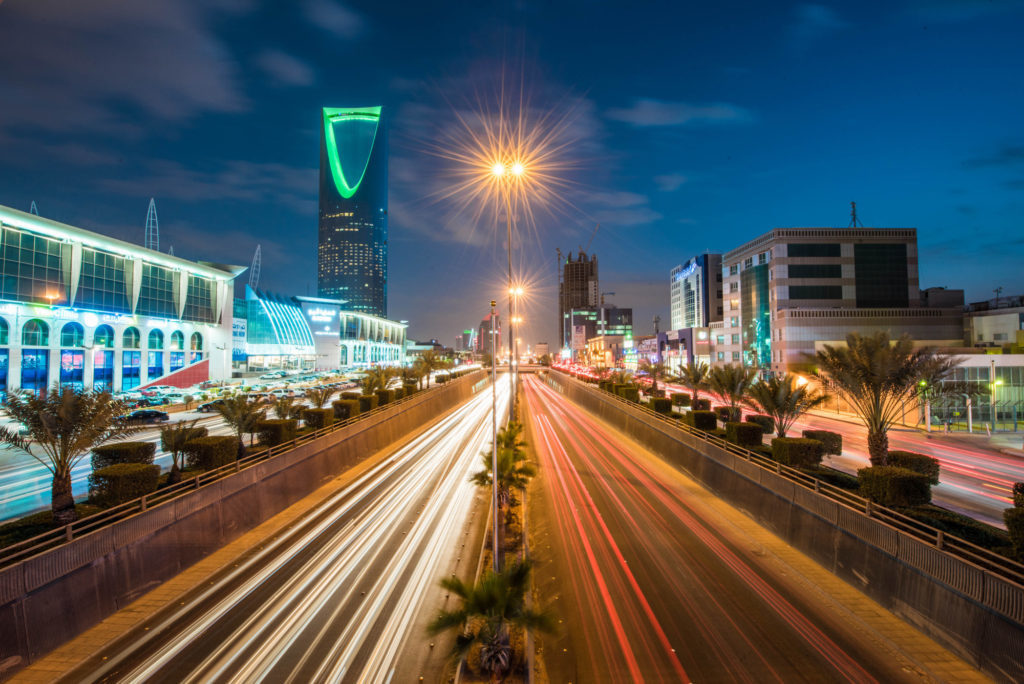
The Gulf is slated to earn $270 billion less in oil revenue compared to last year. This is to a large extent because the region’s economic heavyweight, Saudi Arabia, has been sinking deeper into recession amid the coronavirus pandemic.
COVID-19 has had a visible impact on Saudi Arabia’s economy. The nosedive of Brent Crude prices together with lockdown measures has led to disruptions in critical economic sectors, a widening fiscal deficit and rising uncertainty about the government’s ability to offset oil revenue losses and stabilise debts. Besides the austerity measures already announced, the Kingdom will defer some of the big-ticket projects initiated by the Crown Prince, which includes an expansion of the Mecca Mosque and building sports stadia, and a $500 billion mega city in the desert.
Sharp decline in oil prices, exacerbated by demand loss from COVID has hit the country particularly hard. The Kingdom’s oil export volumes are currently limited by its commitments to the OPEC+ production cuts, an agreement intended to counteract plummeting demand and to steady the market. Under the plan, Saudi Arabia has cut its monthly output by at least 8.5 million b/d, down almost 30% from the 12 million b/d it was producing April. While Saudi price hikes since May signalled that the oil market was recovering, it now looks like the Kingdom may be forced to cut prices once again as demand is slower than anticipated just a month ago.
With the petroleum sector accounting for roughly 87% of budget revenues, 42% of GDP and 90% of export earnings, the Kingdom is burning through its cash reserves. According to the latest predictions by the IMF, the Saudi’s economy will crash by 6.8 percent this year, with the current oil strategy likely to have a deep impact on wider population spending and economic growth. Saudi Arabia also stands to lose significant revenue due to an almost complete halt on religious tourism. The government has recently instituted a 15% VAT to try and recoup some revenue lost from these two key industries.
The Crown Prince Mohammed bin Salman of Saudi Arabia has also made some ambitious decisions to capture global oil market share and cement Saudi Arabia’s position as the world’s top oil exporter. No country other than Saudi Arabia, including Russia, has had the political and financial will to invest so heavily in upstream production capacity. Given the country’s comparative advantages of being able to extract and transport oil for much cheaper than other oil producing regions, lower oil prices are manageable but do come with consequences. Around 70% of the Kingdom’s employed population work for the government, and much of the private sector relies on government contracts, meaning that any impact on state revenues can have huge implications for the wider economy.
The country does therefore face several immediate challenges related to oil’s dominant role in the economy and the risk arising from price volatility. While, the Crown Prince is looking to convert this crisis into an opportunity, oil prices are unlikely to swing back to the pre-crisis levels any time soon. With a bleak global financial outlook, the Kingdom must look for fresh policy decisions.
Saudi Arabia has emphasised goals of diversification away from oil for some time, but the current low oil prices are forcing the government to make more drastic changes, with further encouragement of private sector growth to offset job losses from oil during COVID. To achieve this, the government must continue work on educational reform to better align Saudi worker’s skills with the needs of private employers. The hope is that this will create an entrepreneurial business environment that champions innovation and enables other job producing sectors other than the public sector to thrive.
The future growth of the country is closely tied with private investment so achieving income diversification and weaning the economy off oil will be an important step in building a vibrant and sustainable economy. Yet oil production remains central to the Saudi economy and will continue to in the decades to come. The current pandemic has thrown up challenges for the global oil market, and for Saudi Arabia in particular, but the Kingdom has a history of bouncing back. Saudi has successfully weathered a worse oil crisis in the past as well as tumultuous geopolitical situations, so we are likely to see a similar rebound of the Saudi oil market by mid to late 2021.
The country is not alone in facing such financial vulnerability as the coronavirus has stifled almost all global economies, who are scrambling to find means to sustain their economic well-being in view of such hardships. Most Arab nationsare now having to adapt quickly and in part COVID-19 has accelerated future proofing strategies and priorities to realise their vision of becoming modern, resilient nations.
Recommended for you
